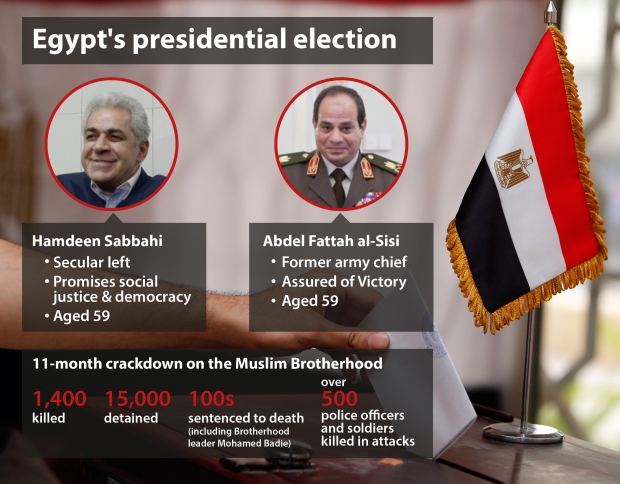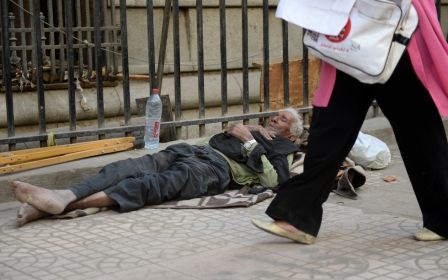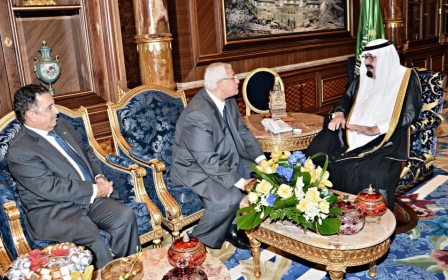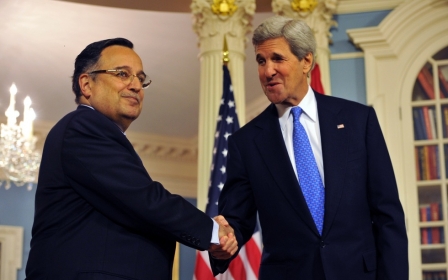Egypt's energy crisis tests Sisi leadership
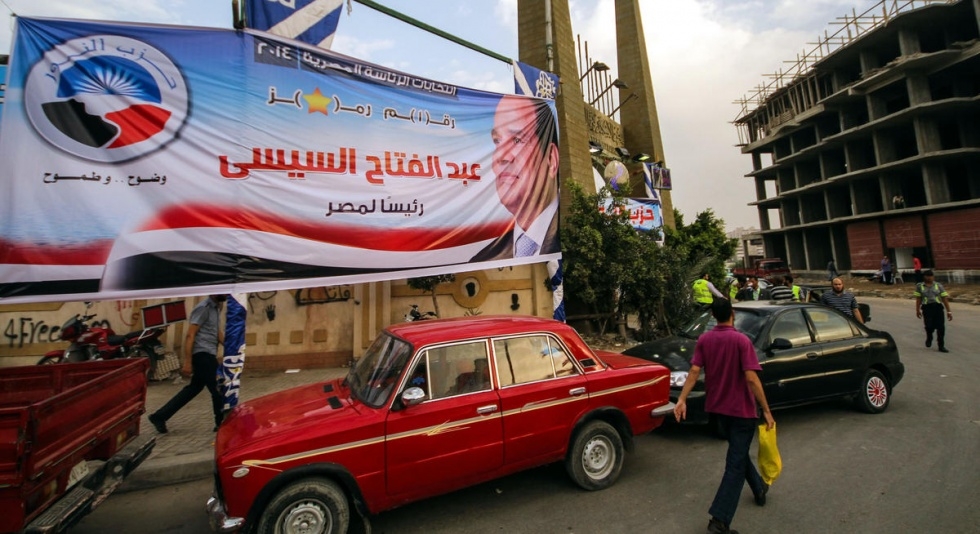
Abdel Fatah Sisi, Egypt's frontrunner presidential candidate, has been criticised by analysts for breaking ties with gas-rich Qatar and relying instead on oil-rich monarchies such as Saudi Arabia.
In a report, published in the Washington Post on Thursday, analysts widely questioned the shift in allegiances that has taken place since a military-backed uprising ousted Egypt's democratically elected Muslim Brotherhood candidate Mohamed Morsi from power.
Concerns are rising that the move could spell doom for Egypt's already floundering economy which is being hard hit by rising debts, poor productivity and growing economic disparity.
“The main issue here now is Sisi’s legitimacy, and whether or not he has the ability to competently deal with the energy crisis,” Justin Dargin, an energy expert at the University of Oxford told the Washington Post.
The country’s energy relationship with Qatar, he said, “was an ideal marriage; it was precisely what Egypt needed.”
Leading Gulf monarchies are staunchly backing Sisi in the hope that their generous financial help will bolster his campaign to crush the Muslim Brotherhood and indirectly secure their own regimes.
"An absence of stability in Egypt means instability in the Gulf," Emirati political science professor Abdulkhaleq Abdulla also told the Washington Post.
Sisi "represents Egypt's only national institution that is capable of restoring stability" in his country, situated across the Red Sea from Saudi Arabia, he explains.
Since the Sisi-led military ousted Morsi last July, the new authorities have banned his Muslim Brotherhood, arrested its leaders and cracked down on its followers.
The moves have helped Gulf monarchies to pump yet more financial assistance in the Egyptian economy, hard-hit by the years of turbulence that have followed on from its 2011 revolution.
However, analysts question the efficacy of this aid stressing that petroleum products are likely to ensure that there are no gasoline or butane shortages this summer. It is believed that they can do little to remedy Egypt's energy crisis, with only a handful of Egypt’s power plants run on fuels other than natural gas. While Qatar has in abundance, the other Gulf monarchies are only gradually building up their natural gas infrastructures and will not be able to provide as much gas as Egypt's former backer, the analysts explained.
Middle East Eye propose une couverture et une analyse indépendantes et incomparables du Moyen-Orient, de l’Afrique du Nord et d’autres régions du monde. Pour en savoir plus sur la reprise de ce contenu et les frais qui s’appliquent, veuillez remplir ce formulaire [en anglais]. Pour en savoir plus sur MEE, cliquez ici [en anglais].


